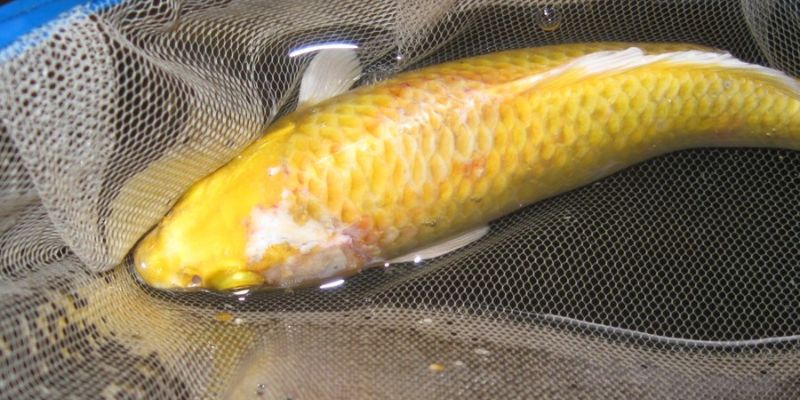We are dedicated fishkeepers, so we know how important it is to look after our fish and other aquatic pets. Please enjoy our in-depth tutorial on “How to prevent and treat common fish diseases?”. Insightful commentary, professional guidance, and doable suggestions for keeping your fish healthy and content will be provided below.
Fish Diseases: A Better Understanding
The causes of fish diseases must first be understood before any attempts at prevention or therapy can be made. Fish can get sick by exposure to germs, parasites, viruses, and even the environment. Successful therapy is more likely if the symptoms are recognized quickly and action is taken.
Promoting a Safe and Sound Community
Keeping your aquarium tidy and disease-free is essential for the health of your fish. Some mandatory procedures are outlined below:
Tank Installation and Upkeep
Choosing a tank with the right size and amount of filtration and airflow for your fish species is the first step. Be sure to keep an eye on the temperature, pH, ammonia, and nitrate levels in the water on a regular basis. Remove waste buildup and reduce fish stress by performing partial water changes.
Isolate Unknown Fish
It’s not a good idea to introduce new fish to your aquarium without first putting them through a quarantine period. Always keep new fish in a quarantine tank for a few weeks to check on their health and prevent the spread of disease to the established fish population.
Maintain a Healthy Weight and Feeding Routine
Make sure your fish are getting all they need nutritionally by feeding them a meal designed just for them. The immune systems of fish can be weakened by water pollution and obesity caused by overfeeding. Give them the right amount of food at the right times, and then take away the leftovers right away.
Don’t Stock Up Too Much
Keep the number of fish in proportion to the amount of water in the tank. Water quality declines, stress levels rise, and illness risk rises with population explosion. Before adding fish to your aquarium, make sure you know how big they get and if they’ll get along.
How to prevent and treat common fish diseases?
Now, we’ll look at some of the most typical illnesses affecting fish, as well as the methods for curing them.
White Spot Disease (Ich)
Ich is a contagious disease that causes white spots to appear on the body and fins of infected fish. To eliminate ich, keep the aquarium at 86 degrees Fahrenheit (30 degrees Celsius) for several days. Malachite green or copper-based drugs are acceptable to use as indicated.
Fin Rot
Fin rot is a bacterial disease that weakens or destroys fish limbs and fins or tails. Fin rot can be treated by keeping the water clean, removing any decaying materials, and sometimes using antibiotics or other treatments.
Velvet Illness
When a fish has velvet sickness, it will develop a fine dust that is either golden or rust colored. Keep sick fish in a quarantine tank while you dose the entire aquarium with copper or malachite green treatment. The complicated life cycle of this parasite necessitates a full course of treatment.
Swimmer’s Bladder
Buoyancy issues caused by swim bladder dysfunction can make it challenging for fish to stay afloat. Maintain a healthy weight and don’t overfeed. Fish can be helped by being fed blanched peas or commercial diets formulated to cure swim bladder dysfunction.
Dropsy
Swelling, bloating, and pinecone-like protrusions on the body of the fish are symptoms of dropsy, which is caused by organ failure and fluid retention. Dropsy is difficult to treat, but the prognosis for a fish that has it can be improved by isolating it, keeping the water quality high, and providing supportive care.
Conclusion
Maintaining the health of your fish requires diligent attention to both disease prevention and treatment. By taking the precautions outlined in this article and keeping a close eye on your fish, you can ensure that your aquarium is a healthy and happy place for your fish to live.
Remember that in the case of fish infections, observation and prompt response are of the utmost importance. Always be on the lookout for any signs of disease in your fish, deal with any problems as soon as possible, and if necessary, seek the advice of a veterinarian or aquatic specialist.

